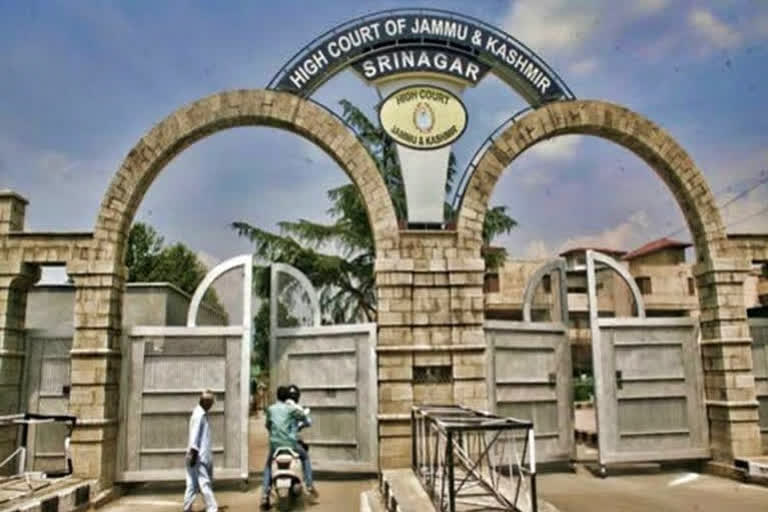Srinagar: The Union Territory (UT) administration has filed an affidavit in the Jammu and Kashmir High Court seeking a modification to its judgment scrapping the ‘Roshni Act’, claiming that the order may adversely affect a large number of the common population “unintentionally”. The UT administration has also submitted that a distinction must be made between the common people and the influential people who have benefited from the Act.
On October 9, the Jammu and Kashmir High Court declared the Jammu and Kashmir State Land (Vesting of Ownership to the Occupants) Act, 2001, commonly known as the ‘Roshni Act’, passed by Dr Farooq Abdullah’s government in 2001, “unconstitutional, contrary to law and unsustainable”. Under the Roshni Act, encroachments on state land had to be regularised or legally transferred to the occupants against payment at market rates. The Act had set 1990 as the cut-off year for encroachment but later state governments under the Peoples Democratic Party and the Congress extended the cut-off date to 2007. The main idea behind the scheme was to raise Rs 25,000 crore for building infrastructure for electricity or 'Roshni' in the erstwhile state of Jammu and Kashmir.
Following the Court's verdict, the administration in October scrapped all land transfers under the controversial Act and started publishing ‘Roshni’ and ‘non-Roshni’ lists of beneficiaries.
The administration had submitted before the Court that a total of 6,04,602 kanals (75,575 acres) of state land had been regularised and transferred to the occupants. This included 5,71,210 kanals (71,401 acres) in Jammu and 33,392 kanals (4,174 acres) in the Kashmir region.
Meanwhile, a source in the administration told ETV Bharat that a majority of regularised land was in Jammu, the feedback from the region regarding the scrapping of the Act was not positive but worrying.
"The economically weaker sections are with an opinion that the scrapping of the Act will affect them adversely and they will face collateral damages. This was worrying. The idea was to only hold those influential responsible for their wrongdoings,” the source said.
